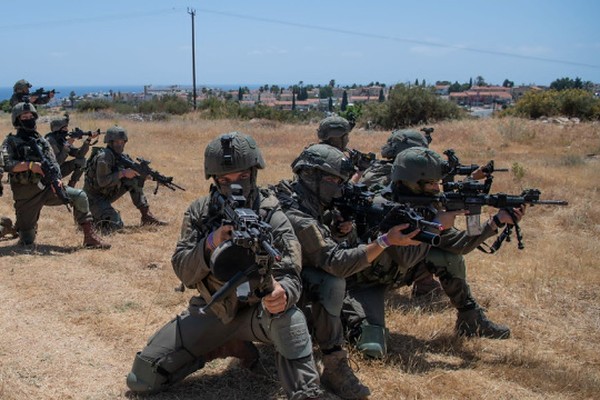Taking a stance entrenched in the Israeli-Palestinian conflict could reshape the narrative around these issues and negatively impact the IDF’s next major draft round.
By World Israel News Staff
Over 200 high school students, poised for mandatory draft into the Israel Defense Forces (IDF), have announced their refusal to serve.
Their decision is rooted not only in the contentious judicial reforms but also in concerns over “the occupation,” The Jerusalem Post reported.
These students, aligning themselves with the “bloc against the occupation,” have intensified debates on two fronts: the IDF’s conscription and the ongoing judicial changes. Taking a stance entrenched in the Israeli-Palestinian conflict, they could reshape the narrative around these issues, the report said.
The group publicized their intentions on X and an official letter outlining their stance is expected to be dispatched to the IDF shortly.
Notably, mainstream protest groups like “Brothers in Arms,” staunchly against the judicial reforms, have historically stayed neutral on matters relating to foreign relations. Their primary aim has been rallying support across the political spectrum, both right and left, in favor of an independent judiciary.
The focus of their protests has largely been on seasoned reservists, with only a minority of the population engaging in reserve duty. In stark contrast, this new student-led campaign emphasizes the Israeli-Palestinian conflict, potentially alienating centrist supporters who favored a judiciary-focused protest.
The IDF now faces a potential decline in enthusiasm for mandatory service, according to the report. Recent data suggests a growing interest in joining specific combat units, but there’s concern about how prolonged exposure to these debates might influence future potential draftees.
The IDF, while acknowledging these concerns, has yet to formulate a strategy, and has limited itself to issuing informal responses until now.




